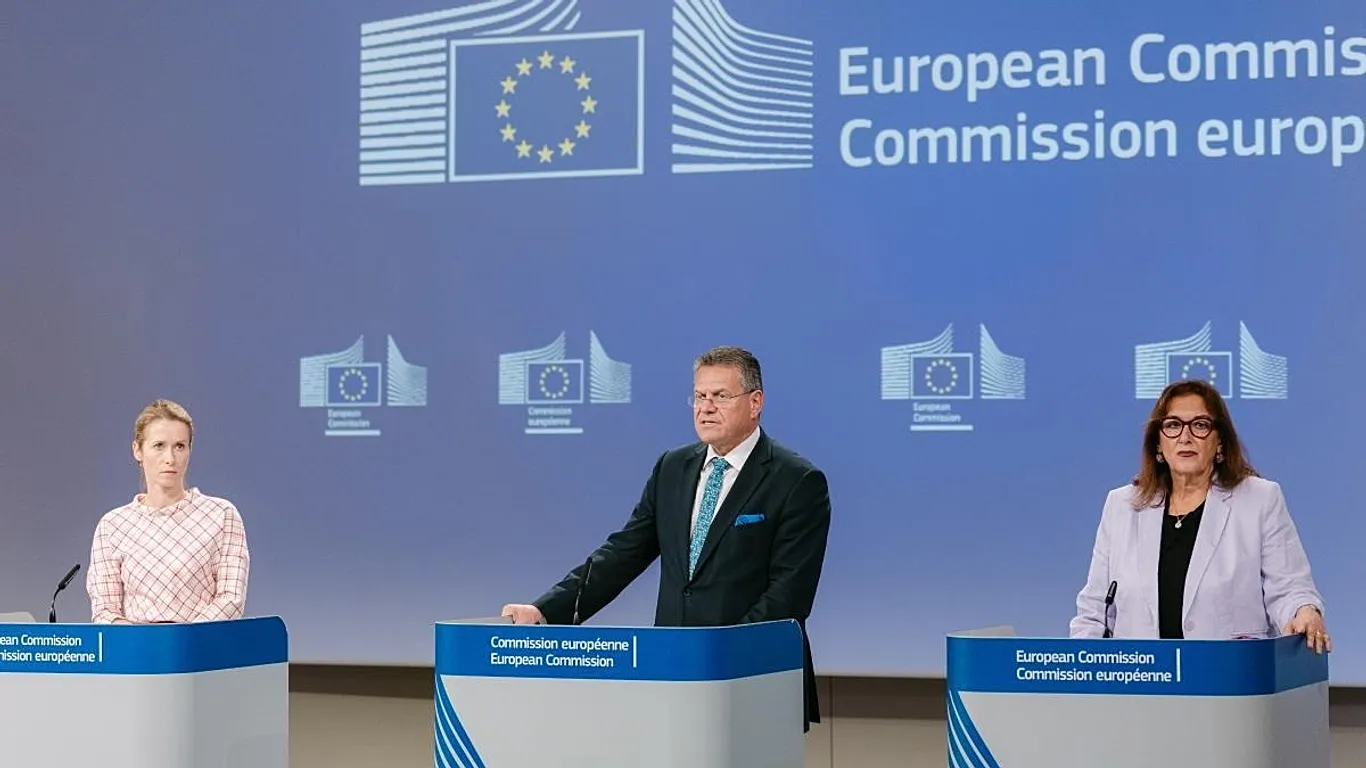The EU’s Role as Israel’s Largest Trading Partner
The European Union has become Israel’s most significant trading partner, representing billions of euros in annual imports and exports. According to the European Commission, total trade between Israel and the EU has surpassed €40 billion annually. This makes the European market critical for Israeli goods such as machinery, agricultural products, and pharmaceuticals. The preferential trade arrangement currently in place allows Israeli exports to enter the European market with reduced tariffs. As a result, local producers gain a competitive edge. Any suspension of these arrangements would not only affect Israel’s export economy. It would also influence European industries that rely on imports of advanced technologies and specialized goods from Israel. As trade flows shift, analysts emphasize that adjustments in tariffs can reshape entire supply chains. This affects both Europe and the Middle East.
Economic Implications of a Trade Suspension
If the EU were to suspend or restrict the existing trade agreement, the economic effects would be significant on both sides. For Israel, higher tariffs could increase the cost of exporting, with estimates suggesting additional annual expenses in the hundreds of millions of euros. This would likely put pressure on small and medium-sized enterprises that depend heavily on European markets for their survival. On the other hand, European companies that source Israeli technologies and agricultural goods could face higher prices. Consequently, they might have to seek alternatives. The World Trade Organization highlights how tariff changes often disrupt established trade flows. This leads to reduced efficiency and higher costs for businesses and consumers. Beyond economics, trade suspension carries strategic weight. It signals how the EU balances its economic interests with political positions on regional conflicts.
Political Pressures and Policy Decisions
The debate over Israel’s trade privileges comes at a time when public opinion across Europe is increasingly shaped by humanitarian concerns and geopolitical tensions. EU officials must navigate a delicate balance between maintaining open markets and responding to calls for political accountability. Member states have diverse positions. Some emphasize the importance of maintaining dialogue with Israel while others advocate for stronger measures. These include sanctions on individuals or sectors connected to the conflict.
The European Parliament plays a role in shaping the policy debate. Elected representatives push for decisions that reflect both economic interests and ethical considerations. Meanwhile, organizations such as the World Bank note that trade policy is often used as a tool of diplomacy. It can reinforce or challenge alliances depending on how agreements are enforced or suspended.
The outcome of the EU’s deliberations will have lasting implications not only for Israel-EU relations. It will also affect the broader dynamics of trade and political influence in the region.







